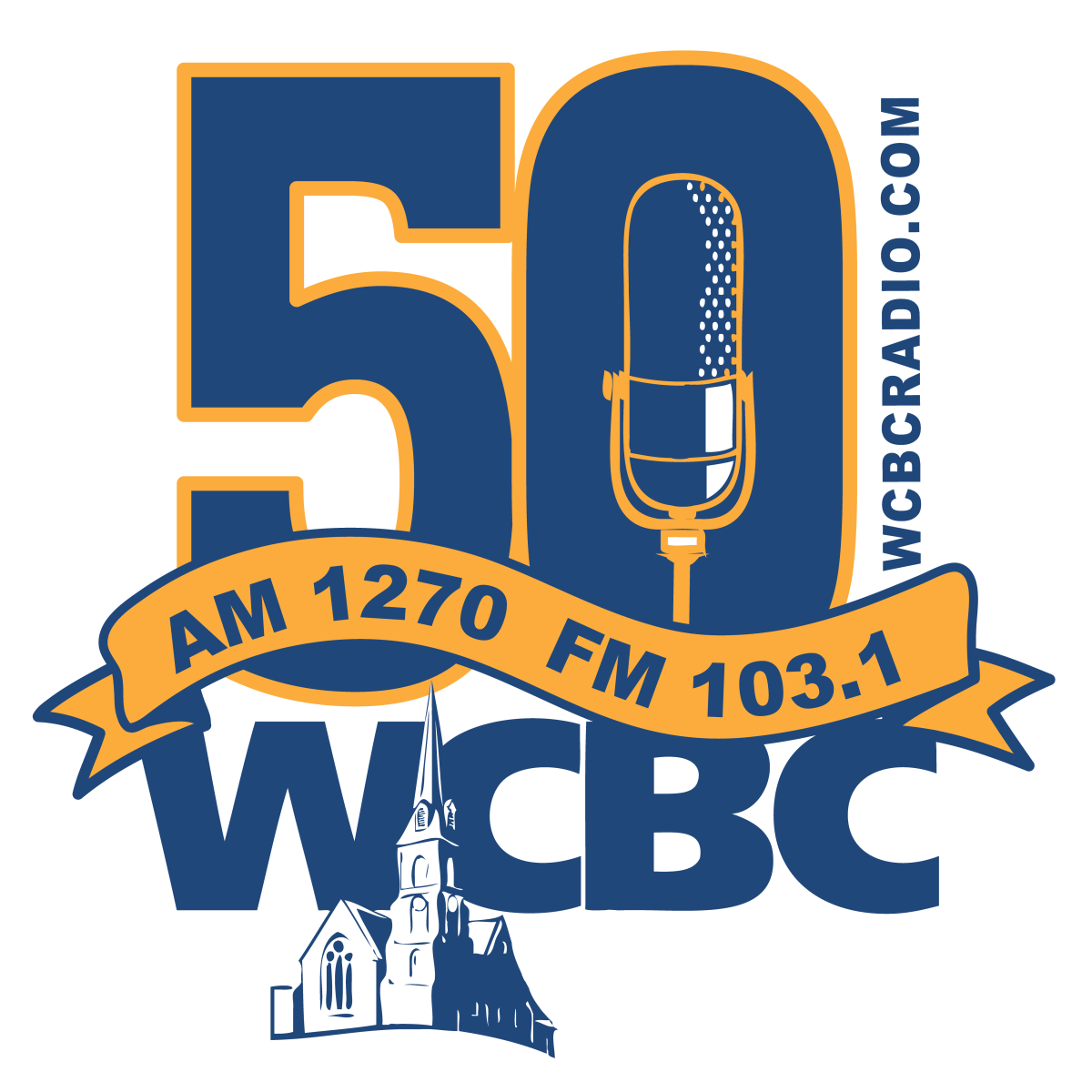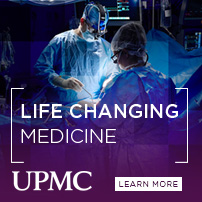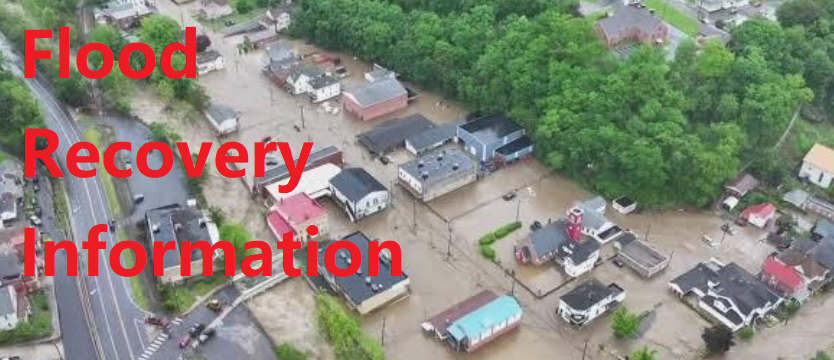August 31st, 2025 by WCBC Radio
Governor Wes Moore issued a proclamation today in honor of August 31 as International Overdose Awareness Day. Flags will be lowered to half-staff, and Government House will be lit purple Sunday evening in remembrance of individuals who have lost their lives to drug overdoses. “As we pause to remember the loved ones we have lost to overdoses in Maryland, we join others across the country in demanding continued action to reduce overdoses and increase access to substance use care,“ said Gov. Moore. “We’ve made tremendous progress in Maryland, and we cannot afford to let up in our efforts now. Federal cuts to funding for vital supports, like treatment and recovery services and harm reduction programs, will only lead us back to the historic levels of lives lost that we saw just a few years ago. We owe it to our communities to stay in this fight, and to not abandon them just as we’re seeing our hard work paying off.”
International Overdose Awareness Day is marked every year on August 31 across the world to commemorate the lives of individuals who have died from a drug overdose. The day is also intended to acknowledge the grief of friends and families of overdose victims and to decrease stigma associated with substance use disorders. “Too many Maryland families have felt the heartbreak of losing a loved one to an overdose," said Lt. Governor Aruna Miller. "We come together as a community with heavy hearts to honor their memory and end the stigma surrounding substance use. No one should feel so much shame that they cannot ask for help, and no one should be treated less than or denied support for having a treatable health condition.”
Over 1,768 fatal overdoses in Maryland last year according to preliminary data on Maryland’s Overdose Data Dashboard, a 30-percent decrease from 2023, when there were 2,511 fatal overdoses in the state. Overdoses have also decreased broadly across all demographic groups. However, disparities remain for certain populations, such as Black Marylanders, aging individuals, and Hispanic youth. “Overdose prevention includes addressing the factors that affect our ability to access quality health care, such as housing, food, and transportation,” said Secretary of Health Meena Seshamani. “A Maryland where our most impacted communities can access vital mental and behavioral health services is a Maryland where we all can thrive.”
Marylanders are encouraged to learn the signs of an overdose and to know how to respond in the event of an emergency. Opioids, such as fentanyl, can cause slowed or stopped breathing in the event of an overdose. Symptoms also include a person's body going limp; pale or blue skin, lips, and fingernails; loss of consciousness; depressed breathing; and choking or gurgling noises. Individuals responding to a suspected opioid overdose are encouraged to always administer the overdose reversal medicine, naloxone, and call 911 for help. Naloxone (also known as Narcan) is available free of charge through the state’s network of over 200 Overdose Response Programs. Marylanders can also visit StopOverdose.maryland.gov to learn how to respond to overdoses, use naloxone, and find an Overdose Response Program nearby. “We can all make a difference,” said Special Secretary of Overdose Response Emily Keller. “Hundreds of lives are saved every year from bystanders who had naloxone and knew what to do in the event of an overdose. We have to make sure that anyone who wants naloxone can access it wherever they are and whenever they need it.”
Maryland’s Good Samaritan Law provides legal protections to those who assist with an alcohol or drug-related emergency. Individuals who call 911 for help with an overdose cannot be arrested or prosecuted for possessing or using a controlled dangerous substance or drug paraphernalia or providing alcohol to minors. Additionally, calling 911 will not affect the parole status of someone seeking help with an overdose. However, the law does not cover serious federal crimes or a person’s immigration status. Marylanders who are struggling with substance use are encouraged to call or text the Suicide & Crisis Lifeline, 988, to get connected to substance use and behavioral health resources. Marylanders seeking substance use treatment can also use the Behavioral Health Administration’s locator tool to find a list of providers near them.




.jpg)













